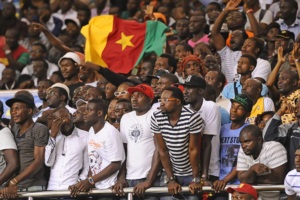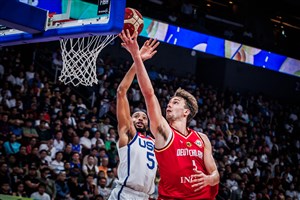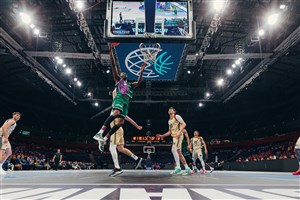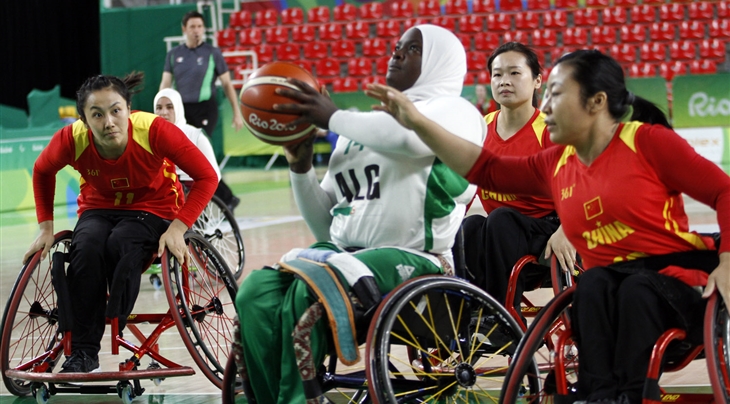
Algeria loses but wins in Rio - Africa's first women's team makes history
CHARLOTTE (Steve Goldberg's Wheel World) - They lost all five of their games in Rio but the participation of the Algerian women's wheelchair basketball team is historic on several levels. Foremost, it marks the first time that a women's team from the continent of Africa has competed on the Paralympic stage.
It's the pinnacle of participation that team captain Djamila Khemgani, 34, has worked for since taking up the game at 15.
"It’s a dream," she told the IPC's Paralympic.org in reference to being in Rio.
Algeria's assistant coach Mohammed Tahar Kisrane went one better. "Playing in an African Championship was a dream. Going to the Games was bigger."
 Algeria captain Djamila Khemgani led the tournament in three-point attempts and tied for most made. Photo by Steve Goldberg/SCS Media
Algeria captain Djamila Khemgani led the tournament in three-point attempts and tied for most made. Photo by Steve Goldberg/SCS Media
Khemgani had always played with boys because there were no women's teams.
"Of course it is a challenge for women, because it’s a country where it’s hard to convince women to play because they are expected to do other things," said Kisrane.
Without Khemgani, it is doubtful that Algeria would have had a women's team at all. Kisrane says her leadership is obvious.
Come watch and see why she is the captain. - Kisrane on Djamila Khemgani
"Her biggest contribution was to talk to females to play basketball," noted Kisrane. "When they had eight teams to form a tournament, that was when the federation looked at them and decided ‘OK, they’re strong, let’s make the national team’."
"She has the most experience. It was her mission to fight to have a team. I wanted to have a women’s Algerian team and she was influential. From 1997 she has been playing with men and since then has been trying to form a women’s team. She helped form the national team, and so she deserves to be captain."
Not only will this promote the sport in Africa by providing a tangible experience of what is achievable, it also demonstrated the necessity for some national teams in other zones that they have to step up their game if they want to make the grade going forward. When Africa was not sending women's teams to the Paralympics, that slot was distributed to other zones. That spot's not coming back.
There was another hurdle to cross when it came to the request of the Algerian delegation that their players be allowed to wear hijab, the traditional Muslim head cover and scarf worn in public or in the presence of non-family member males.
 While the IWBF worked with Algeria's request regarding hijabs, not all players wore them. Photo by Steve Goldberg/SCS Media
While the IWBF worked with Algeria's request regarding hijabs, not all players wore them. Photo by Steve Goldberg/SCS Media
While technically against the rules governing head gear, the IWBF's only real concerns were player safety and integrity of the game. So Maureen Orchard, the secretary general, and other IWBF officials worked with Algeria to ensure that the hijab would be worn so not to get loose and affect other players or, more dangerously, get caught up in the wheels; or prevent opposing players from being able to see the eyes of the players as that's a big part of reading the game on defense.
She likened it to a request many years ago when players asked if they could wear long pants instead of shorts. The IWBF response was that players could wear either, just that the shorts and long pants must be uniform in look (such as color, striping, etc.).
We're not trying to exclude people; we're trying to include people. - Orchard
What is the Paralympic Games if not an example of overcoming barriers.
The barriers that Algeria could not overcome though were in the form of group opponents China, the Netherlands, France, and the United States where average margin of defeat was just shy of 60 points a game.
Khemgani, who led the tournament in 3-point attempts with 21 and was tied for first in made threes with 3, said her goal for the team was 8th place. That did not happen.
In a final placement match, Argentina, whose average loss was just over 52 per game, claimed 9th place over Algeria 53-38 in the highest scoring game for both teams.
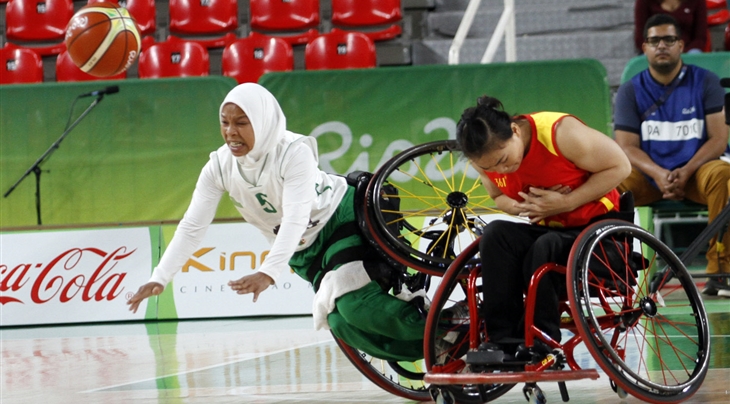 As China can attest, Algeria came to play in their first ever Paralympic tournament. Photo by Steve Goldberg/SCS Media
As China can attest, Algeria came to play in their first ever Paralympic tournament. Photo by Steve Goldberg/SCS Media
The fact is that there is, and will be for the foreseeable future, a huge gap between the eight women's teams in the world - USA, Germany, Netherlands, Great Britain, Canada, China, Japan, Australia - that can compete for a medal (which is far more than the Olympic side when it comes to gold) and everyone else.
The Parapan American Games in Toronto last year demonstrated the gap in the Americas Zone with the USA and Canada light years ahead; Mexico, Brazil and Argentina competitive amongst themselves; and others far behind due to lack of resources, training, and most of all, a competitive pool of athletes to choose from.
The latter reason is why the IWBF is excited about the promotion of 3v3 wheelchair basketball around the world and especially in developing countries where opportunities for athletes with a disability are few and far between.
As Maureen explained to me, a country that cannot find the seven or eight skilled players that are needed to field a competitive side in 5v5 might be able to do better in a scenario that requires just three or four to be a contender.
While I agree with that, I also believe it is the responsibility of the leading countries to help improve their competition, if only for that reason. Competition breeds improvement for all. A stronger Americas Zone can only make the USA and Canada better in the process. That also holds true for the rest of the world.
It wouldn't hurt to have a few more people like Djamila Khemgani out there pushing the envelope as well.
Steve Goldberg
FIBA
FIBA's columnists write on a wide range of topics relating to basketball that are of interest to them. The opinions they express are their own and in no way reflect those of FIBA.
FIBA takes no responsibility and gives no guarantees, warranties or representations, implied or otherwise, for the content or accuracy of the content and opinion expressed in the above article.
To help make this column as inclusive as possible, please send any national or international event information, story suggestions, or comments to wheelworldmail@gmail.com.


